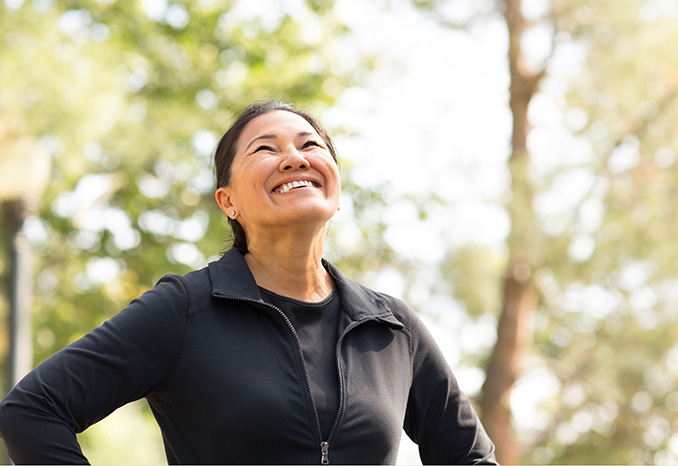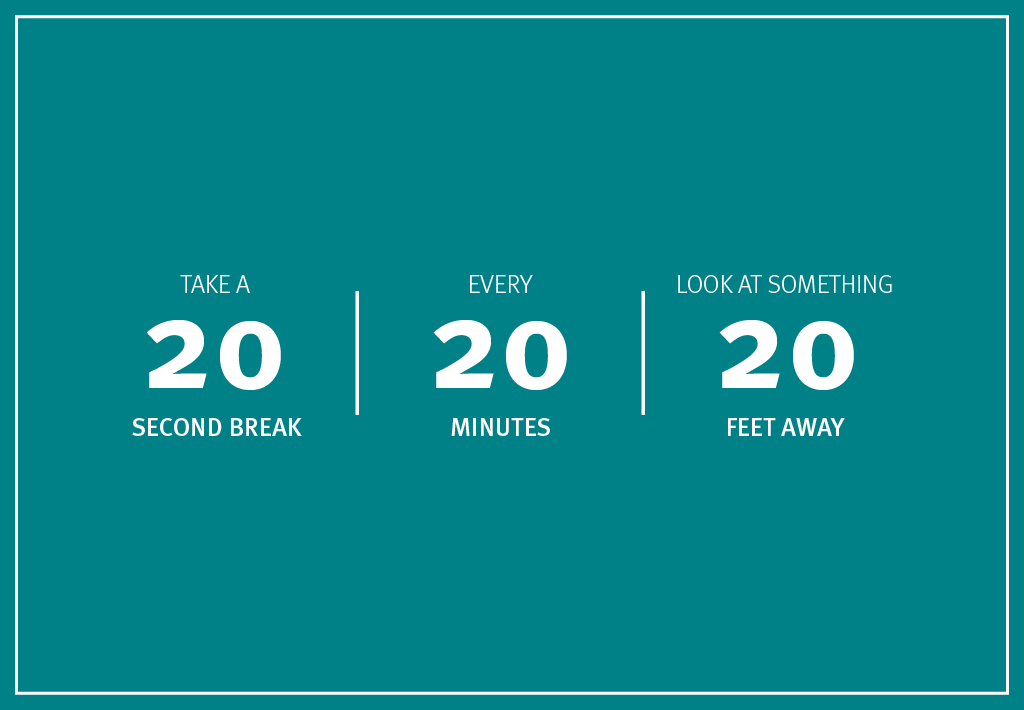
Exercise Does What?! 5 Unexpected Benefits Of Working Out
Most people know that exercise helps them feel (and look better) but there are tons of other unexpected benefits of working out. Here are a few of our favorites:
1. Better Sleep – Two out of five Americans have trouble falling asleep or with daytime sleepiness. A recent study has shown that as few as 150 minutes of exercise a week (or 20 minutes/day) results in better sleep and daytime energy for most people. In fact, after controlling other factors, getting regular exercise led to a 65 percent improvement in sleep quality. Better sleep can be more complicated for those with sleep disorders but clinical psychologist and sleep researcher Kelly Glazer Baron concluded that after four months of exercise, the workouts began to calm participants’ stress response so that they were able to fall asleep more easily and get an average of 45 minutes more sleep each night. Experts do suggest that exercise is most beneficial for sleep about five or six hours before bedtime: the core temperature will gradually drop after exercise, signaling a need for sleep at the right time.
2. Increased Vitamin D – Vitamin D is often called the sunshine vitamin because it is only produced in the human body through exposure to sunlight or dietary supplements. Vitamin D promotes healthy bones, muscles, heart, lungs and brains, and helps fight infection. Hawai‘i is blessed with an abundance of sunlight; so get outdoors to make sure you get this important vitamin. (Be sure to balance exposure to sunlight by using a sunscreen with UVA/UVB coverage and with a sun protection factor (SPF) of 15 or higher). It only takes a few minutes of direct sunlight to get enough vitamin D.
3. Reduced Cravings – Exercise is a powerful tool for reducing dependence on substances such as alcohol and nicotine. There are various possible explanations for this but one is that the chemical dopamine that is released by the brain in response to any pleasure (including addictive substances) can also be produced in response to exercise.
4. Improved Mood – Researchers have found that exercise significantly reduces mild to moderate clinical depression, and is four to five times more cost-effective than traditional psychotherapy. Aerobic exercise in particular releases ‘feel-good’ chemicals in the brain, such as the neurotransmitters serotonin and endorphins. These chemicals reduce physical and psychological pain, and are also one of the few ways of generating new neurons.
5. Help Through Menopause – Exercise can have a remarkable effect on a woman’s health and quality of life as she goes through menopause. Weight gain is a common symptom of menopause: by exercising, women can prevent the weight gain that may lead to increased risk for breast cancer, heart disease and Type 2 diabetes. Physical activity can reduce menopausal symptoms such as hot flashes and can reduce menopausal and post-menopausal bone loss that can lead to fractures and osteoporosis. A combination of cardio, strength training, balance training and stretching are recommended for optimum health.
The next time you’re thinking about not exercising, remember these unexpected health benefits—and get moving!



